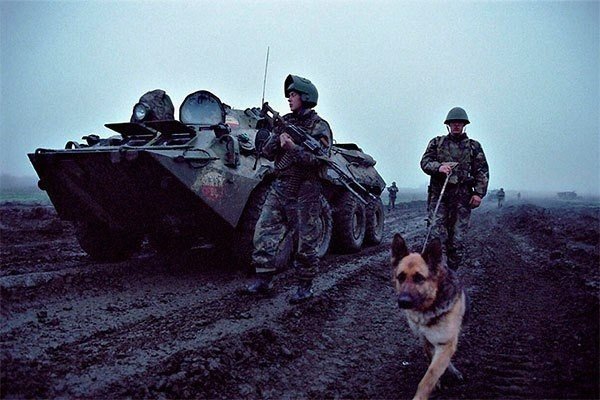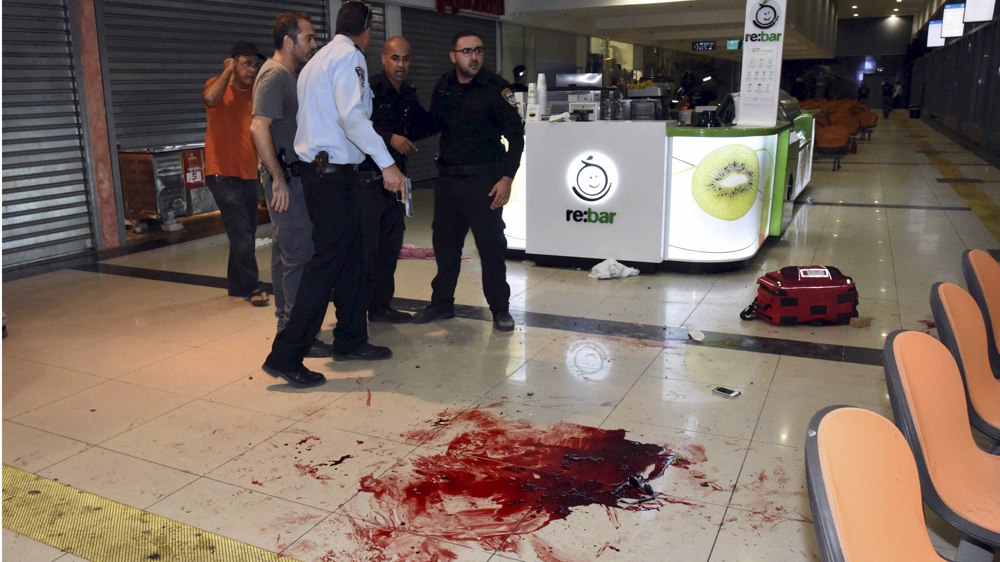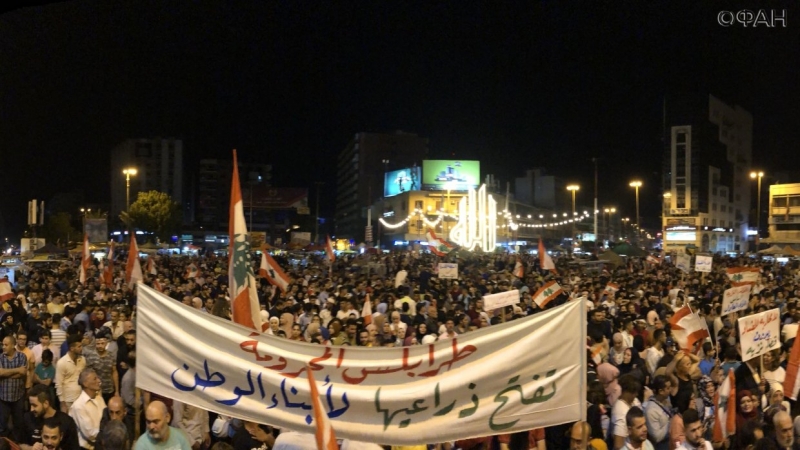
Protests in Lebanon, in which almost half of the country's population has already taken part, lasting more than a month and are social in nature. Until they turned into an inter-religious conflict because of, that interested external forces this time are in no hurry to go for direct intervention in the intra-Lebanese situation.
Iran still hopes, that the Shiite Hezbollah organization, since last spring having a parliamentary majority, still manages not to let political tensions in Lebanon out of his influence. Israel, in a crisis of power and after new snap elections to the Knesset, based on war experience 2006 of the year, avoids military confrontation with Hezbollah. Saudi Arabia and the UAE do not see today, that the Sunni forces have enough will to be ready to turn the situation in Lebanon to their advantage.
As for the USA, still reaping the benefits of their military intervention in Iraq and Libya, then for the time being - for the time being, as the presidential election approaches, US leader Donald Trump is unlikely to dare to participate directly in Lebanese events, fraught with widespread war.
Historical excursion
FROM 1943 years, the president of Lebanon can only be occupied by a Maronite Christian, the post of prime minister is Sunni, parliament chair appointed for Shiite, and representatives of the Orthodox faith are appointed deputy speakers of the parliament and prime minister.
In May 1958 years in Lebanon, a civil war broke out between Christians and Muslims, and the president Camille Shamun turned to the US for military assistance, and American troops were in the country from July to October.
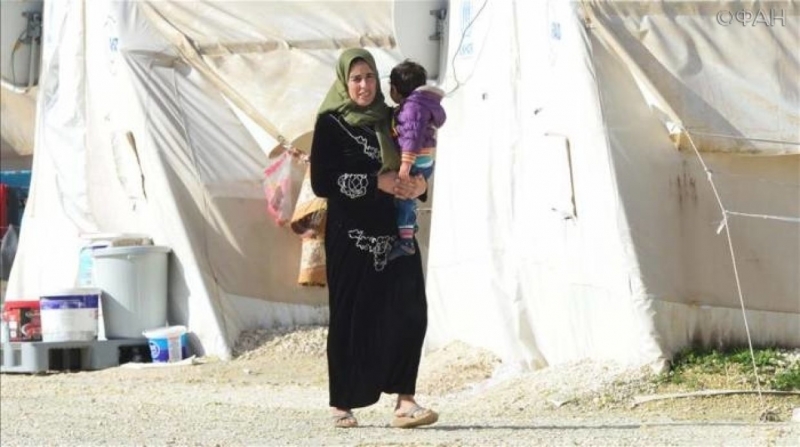
AT 1975 in Lebanon, a second civil war broke out between the right-Christian and left-Muslim forces, continued 15 years and taking more lives 150 thousands of people. Bloodshed ceased in 1990 by the signing of the Taif Accords.
AT 1976 at the request of the government, Syrian troops entered Lebanon. Syrian presence lasted three decades.
AT 1978 Israel introduced troops to Lebanon. This happened after the capture of two hostage buses, when died 36 and wounded over 70 Israeli citizens. AT 1982 Israel conducted massive bombing raids on Palestinian Liberation Organization positions in Lebanon, and IDF forces invaded southern Lebanon, where remained until 2000 of the year. AT 2006 the year following the assassination of the country's ex-prime minister Rafika Hariri there was a protracted bloody conflict between the Lebanese pro-Iranian Hezbollah movement and Israel, turned into a deterioration of attitude towards the State of Israel among a significant part of Lebanese Christians, in the past expressing understanding of the IDF’s actions.
AT 2011 in Lebanon, a confrontation between the largest parliamentary factions, a 2015 the year was marked by a political crisis, during which parliament before 2016 years could not elect a president.
Now the unrest is social in nature
The other day, the former Minister of Finance of Lebanon Mohammad Saadi, as reported by Reuters, withdrew for the post of prime minister of the country and expressed hope, that the resigned person will return to this position Saad Hariri (representative of the influential Sunni clan, son of Rafik Hariri). Safadi's nomination was preceded by weeks of mass protests. Amid protests, Lebanese Prime Minister Saad Hariri officially handed over to the country's president Michel Aoun government resignation.
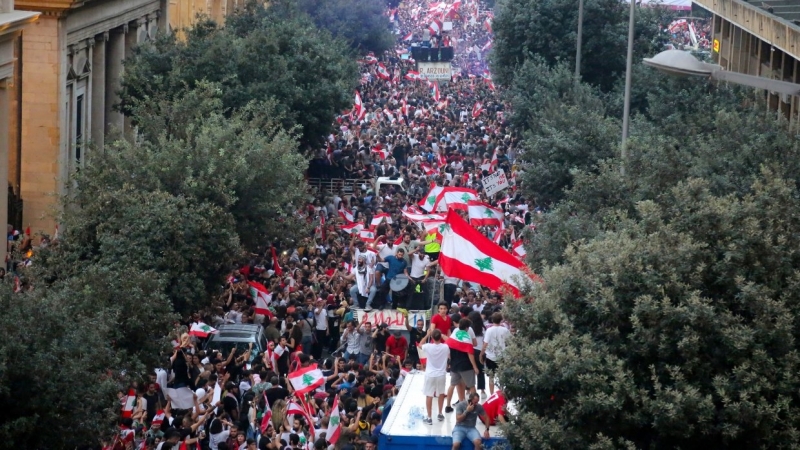
Safadi withdrew, considering, that it will be difficult to form a “harmonious” cabinet of ministers, supported by all political forces in the country. Safadi said, what he hopes to see as Prime Minister Saad Hariri, resigned.
In Lebanon, participants in civil movements with 17 on October, for two weeks blocked the main routes across the country. Banks did not work for several weeks, government agencies, universities and schools.
The reason for the protests was a new tax on the use of WhatsApp: local telephone companies lobbied for the law, introduced a monthly fee for its use, equal to six dollars a month. The authorities also intended to raise taxes on tobacco products.. The government announced its intention to increase VAT to 15% - under the pretext of combating the budget deficit.
For the first time in many years, at this stage, Maronite Christians are simultaneously participating in mass social protests., Sunnis, Shiites, Druze, Armenians, Palestinian refugees and Orthodox. Almost today 60% Lebanese people profess Islam, and 39% - christianity.
Government responded quickly, by canceling whatsapp tax, ostentatiously reducing salaries to officials and allocating a large amount for social support of the poor, but the protests were still widening, and Saad Hariri soon resigned, however, this did not stop the protesters.

Of course, unrest has obvious social reasons. A country weakened by years of war, into which the refugees from Syria poured, is in deep economic crisis, and the power formed by the clan principle did not seek to resolve painful problems, that youth most affected by unemployment.
Nevertheless, hard to deny, what's the current unrest in the US, Israel, Saudi Arabia and the UAE, wishing to oust the pro-Iranian Hezbollah movement from power in Beirut. And all this in the long term may threaten Lebanon with a new civil war with foreign participation. That war, which is fraught with escalating into a bloody large-scale international conflict using weapons of mass destruction.
Iran for Hezbollah influence
During Lebanese protests, Beirut according to unofficial data, as told by Nezavisimaya Gazeta, visited by Iranian general Kassem Sulejmani, who oversees Iran’s military companies abroad. Suleymani’s visit may speak of Iran’s fears over Hezbollah’s fate.
Arab newspaper Al-Jarida reported, that the unrest in Lebanon was discussed at an emergency meeting of the Supreme Council for National Security of Iran with the participation of representatives of the defense department, Corps of the guardians of the Islamic revolution and some representatives of Hezbollah itself. Iranian authorities finance Shiite armed groups, but do not deal with socio-economic problems in countries, where they spread their influence.
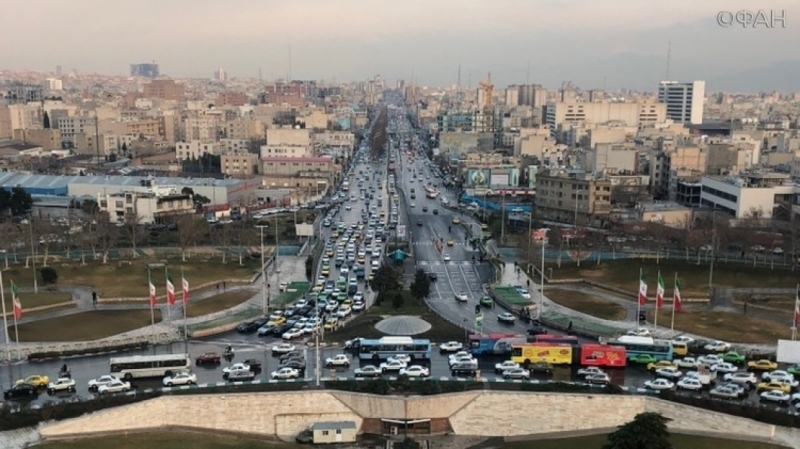
Meanwhile, the Secretary General of Hezbollah Hassan Nasrallah, speaking televised, called for preserving the integrity of the government, which includes several Hezbollah representatives, and noted, that the formation of a new Cabinet will take a long time, which is better spent on reform.
Israel vs. Hezbollah
At the end of last year, Israel announced the operation of the Northern Shield.. The IDF was tasked with locating and destroying the unactivated trans-tunnels of the Lebanese Hezbollah movement in its northern border regions, intended for the secret transfer of militants to Israeli territory.
The operation began a few hours after the negotiations of the Israeli Prime Minister Benjamin Netanyahu with US Secretary of State Mike Pompeo in Brussels, specifically dedicated to containing Iran’s aggression in the region.
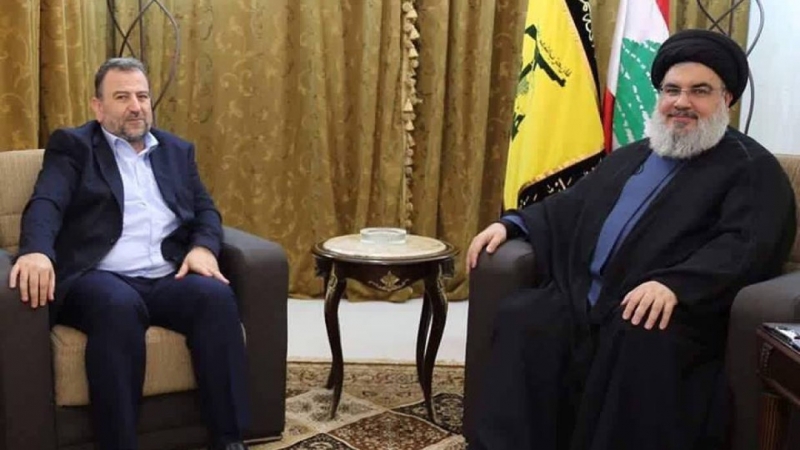
Israel remembers well, that Hezbollah is a much more serious opponent, than the Palestinian Hamas, remember the second Lebanese war (2006), which turned out to be the most difficult and dangerous for Israel in recent 45 years and lasted 34 day. IDF lost then killed 121 man, 400 soldiers were wounded. Ten military helicopters were disabled, damaged from 60 to 150 armored vehicles (including up to 30 tanks). As a result of rocket attacks on the north of Israel, they died 44 Israeli. About two thousand people were injured, 300 thousand temporarily evacuated from the Northern District.
SA and UAE need instability in Lebanon
To some extent, the Sunni oil monarchies of Saudi Arabia and the UAE, in confrontation with Iran, have contributed to the birth of the current protest movement in Lebanon. A few weeks before the protests, Saad Hariri visited the UAE and unsuccessfully requested financial assistance from Lebanon.. Money could be used to stabilize the economic situation..
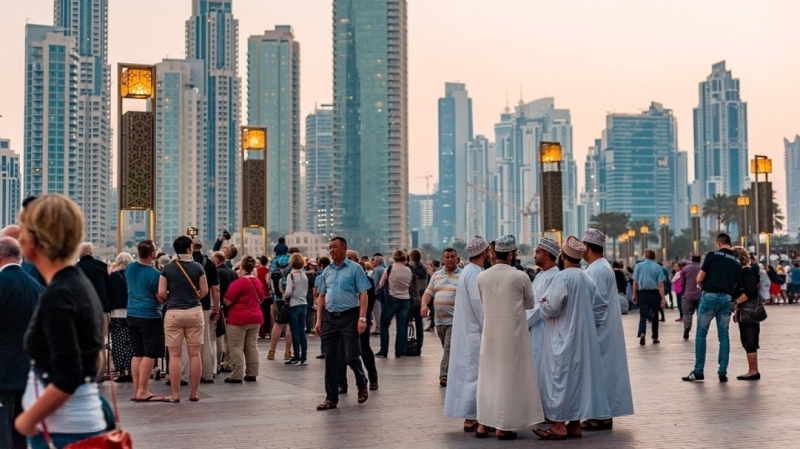
AT 2016 Saudi Arabia refused to allocate to Lebanon 3 billion dollars in military assistance and 1 billion dollars for police needs under the pretext of Hezbollah dominance in government affairs.
Tidbit Bridge for the USA
Lebanese protests meet US interests, since a change in the political regime in this country could affect the decrease in the influence of their geopolitical rival Iran in the Middle East.
Lebanese unrest reinforces US sanctions against Iran. Washington repeatedly called on Tehran to stop sponsoring Shiite armed groups, including Hezbollah. Despite sanctions, Tehran does not comply with US requirements.
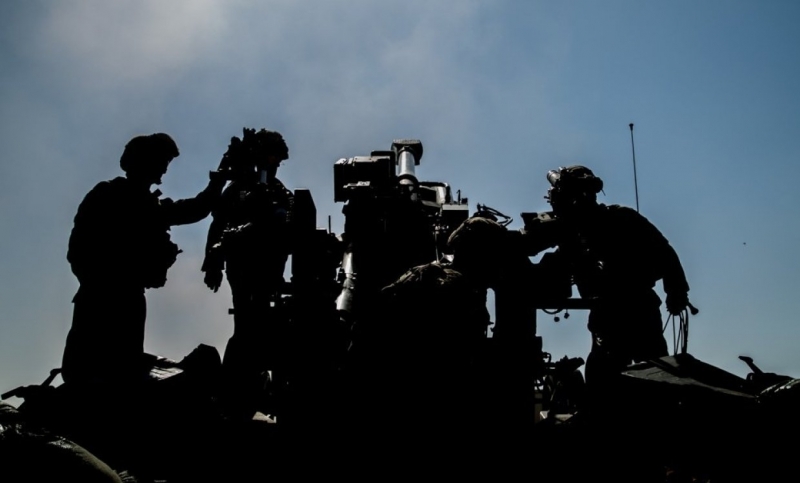
In this regard, Lebanese protesters are now supported by Mike Pompeo and called for the formation of a new effective government in Lebanon., carry out economic reforms and fight corruption. It’s hard not to see in Lebanon, bordering Syria, “A fabulous bridgehead” for Washington’s attempts to reanimate its military-strategic dominance in the entire Middle East.
Russian Foreign Ministry hopes for a settlement
The Russian side hopes to resolve the situation in Lebanon., as stated by the official representative of the Russian Foreign Ministry Maria Zakharova.
“Reaffirming our principled stand in support of sovereignty, unity and stability of the Lebanese republic, the solution of all issues of the national agenda by the Lebanese themselves in the legal field through an inclusive dialogue, We emphasize the inadmissibility of any form of external interference in Lebanese affairs, whether informational, logistical, financial and any other ", - explained the diplomat.
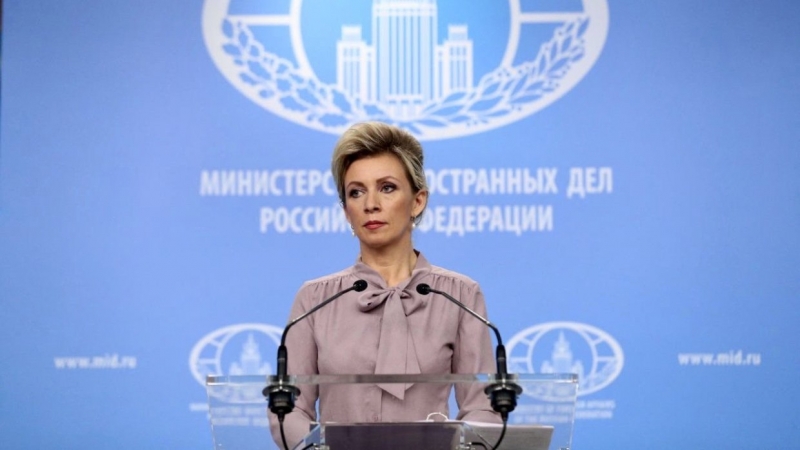
The position of Russia is just oriented towards, so that in the smoldering powder keg of Lebanese problems in the future, due to the intervention of external forces, a crushing explosion would not be produced, a real threat not only to the Middle East, but all of world security.
Author: Evgeny Ben; specially for RIA FAN







